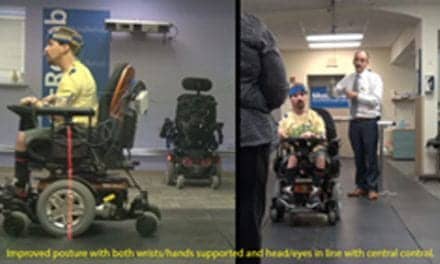NEW YORK (Reuters Health) – In hypertensive patients, exercise training improves baroreflex control of muscle sympathetic nerve activity and heart rate, and leads to decreased blood pressure, a study shows.
In the study, Dr. Mateus C. Laterza of the Heart Institute, University of Sao Paulo, Brazil and colleagues had 11 never-treated hypertensive patients in their mid-40s participate in three hour-long exercise training sessions per week for 4 months. Another 9 never-treated hypertensive patients did not participate in exercise training. An age-matched normotensive exercise-trained group of 12 individuals was also studied.
At baseline, BP and muscle sympathetic nerve activity (MSNA) levels were similar in the two hypertensive groups but significantly increased relative to the normotensive group. Baroreflex control of MSNA and heart rate, "assessed by stepwise intravenous infusions of phenylephrine and sodium nitroprusside," were also similar at baseline in the hypertensive groups but significantly decreased relative to the normotensive group.
In hypertensive patients, exercise training led to a significant reduction in BP and MSNA levels and a significant increase in baroreflex control of MSNA and heart rate during increases and decreases in BP, the team reports in the June issue of the journal Hypertension.
"The baseline (preintervention) difference in baroreflex sensitivity between hypertensive patients and normotensive individuals was no longer observed after exercise training," Dr. Laterza and colleagues note. No marked changes in the studied parameters were observed in untrained hypertensive patients.
The researchers note that a reduction in baroreflex sensitivity has been shown previously to be an independent risk factor for sudden death after acute myocardial infarction. "Thus, it is reasonable to expect that the improvement in baroreflex sensitivity plays a protective role in hypertensive patients," they write.




